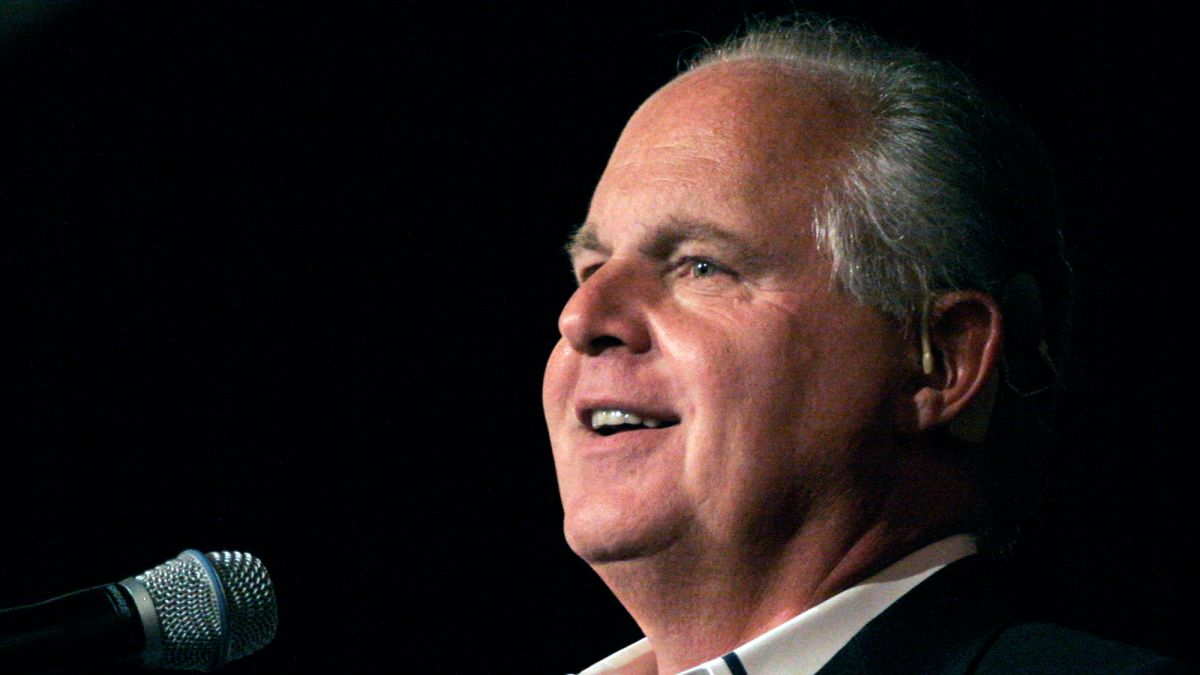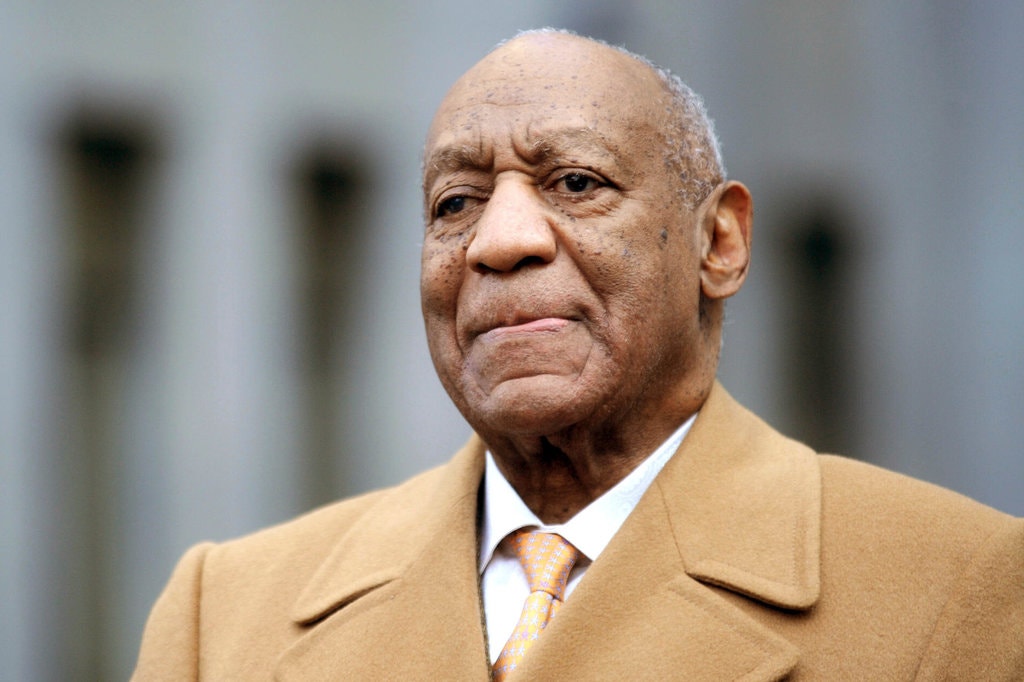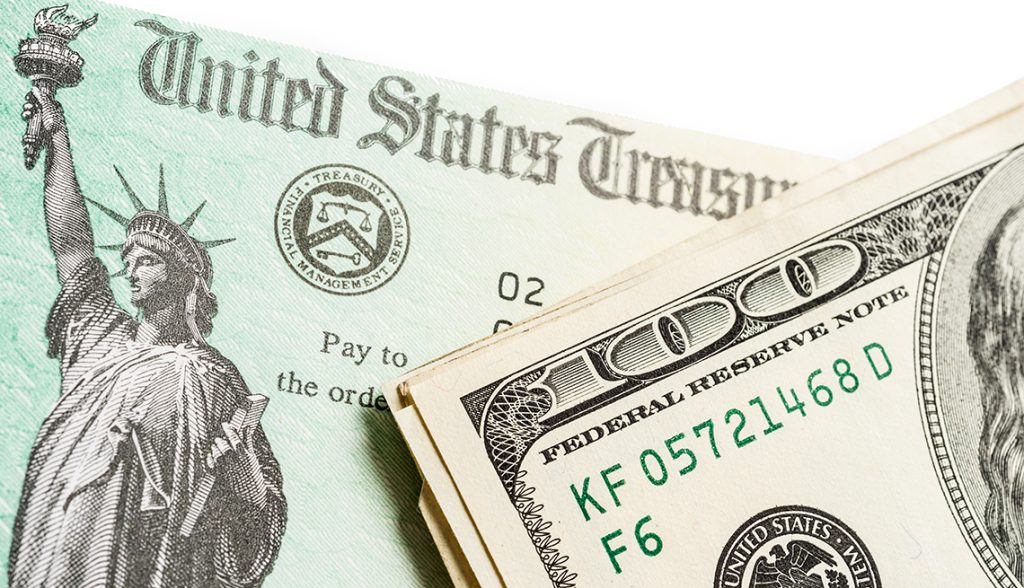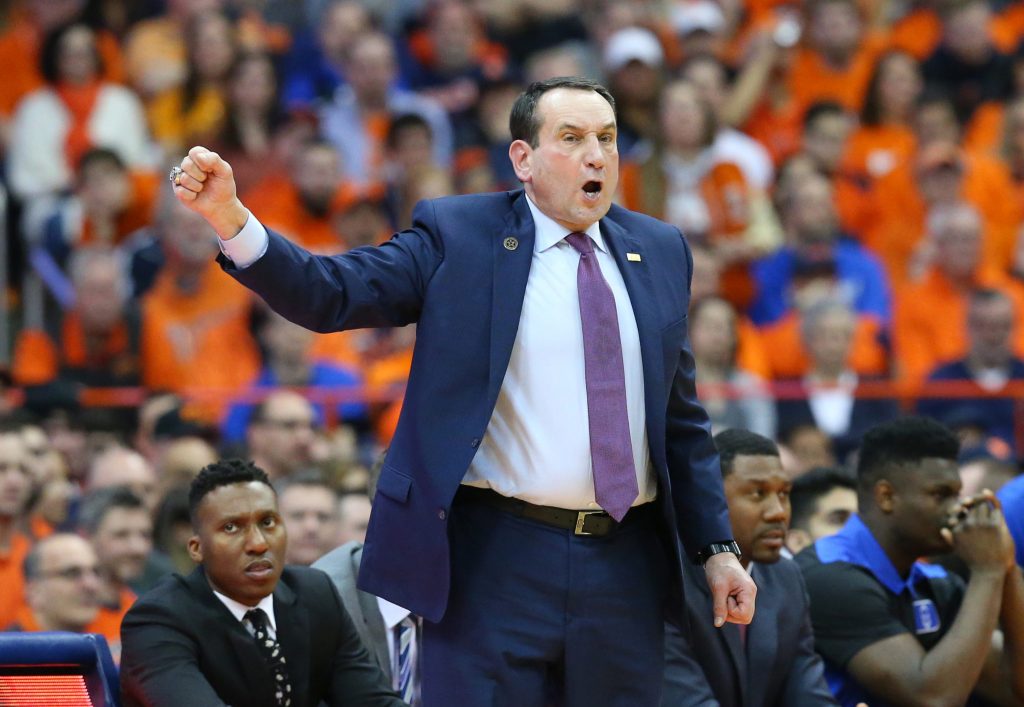Blog
Rush Limbaugh, Popular Talk Radio Host, Dies

Rush Limbaugh, whose popularity as a right-wing radio host was inextricable from his long history of provocation and insult and who for decades spoke daily to an audience of tens of millions of Americans, died Wednesday morning. He was 70.
Limbaugh’s wife, Kathryn, announced his death during his eponymous radio show.
“I, like you, very much wish Rush was behind this golden microphone right now, welcoming you to another exceptional three hours of broadcasting,” Kathryn said. “For over 32 years, Rush has cherished you, his loyal audience, and always looked forward to every single show. It is with profound sadness I must share with you directly that our beloved Rush, my wonderful husband, passed away this morning due to complications from lung cancer.”
Kathryn went on to say, “As so many of you know, losing a loved one is terribly difficult — even more so when that loved one is larger than life.”
Limbaugh had been diagnosed with lung cancer in January 2020 and spoke candidly, as was his wont, as his treatment wore on and his prognosis darkened.
He had been off the air in recent days, with guest hosts filling in.
“When I received this diagnosis, and I was shocked, I was stunned, and I was in denial for about a week,” he said on his show in December. “I wasn’t expected to make it to October and then to November and then to December — and yet here I am. Today, I’ve got some problems, but I’m feeling pretty good today. God’s with me today. God knows how important this program is to me.”
imbaugh, a Missouri native and a college dropout, became a rock ‘n’ roll radio DJ and sports radio host before rising to national attention in the late 1980s with a syndicated conservative talk show on AM radio.
Beginning in the 1990s, his political clout among the religious right and Republicans became so powerful that then-President Ronald Reagan wrote Limbaugh a letter, calling him “the Number One voice for conservatism in our Country. I know the liberals call you the most dangerous man in America, but don’t worry about it … America needs to hear ‘the way things ought to be.’ ” Limbaugh’s loyal fans called themselves “Dittoheads.”
“His approach to politics was to speak to one side, but it was a side that was very eager to hear that kind of broadcasting,” Kevin Wagner, a professor of political science at Florida Atlantic University, tells PEOPLE. “Whether you like him or not, his impact was certainly pretty profound in that he popularized talking about politics in a way that many more Americans could access.”
Until his death Limbaugh, who could sound boisterous and charming as easily as he was incendiary and prejudiced — with a clever or cruel tongue, depending on the listener — continued to have an outsized influence in shaping and reiterating the talking points of conservatives and former President Donald Trump.
A self-possessed (or, to many, self-righteous) showman, Limbaugh insisted he was a “doctor of democracy.”
But in January, he falsely and repeatedly said on his show the day after the inauguration that President Joe Biden did not win the election — this after a pro-Trump mob stormed the U.S. Capitol and five people died. Democrats, Limbaugh baselessly claimed, “know that this is something that’s been arranged rather than legitimately sought and won.”
Over the years Limbaugh, who was awarded the Presidential Medal of Freedom by Trump in 2020, has made numerous inflammatory comments that are racist, calling former President Barack Obama in a parody song “Barack the Magic Negro”; homophobic (“When a gay person turns his back on you, it is anything but an insult; it’s an invitation” ); and misogynistic (“Feminism was established as to allow unattractive women easier access to the mainstream of society”).
When Trump honored him with the Medal of Freedom last year during the State of the Union — with Limbaugh growing visibly emotional — the move drew backlash, given Limbaugh’s rhetoric.
Wagner notes that for many years, the Republican Party was seen as one that focused on big business and primarily supported by wealthy Americans — until Limbaugh came along and attracted the working class.
“Limbaugh was on the forefront of trying to take conservative policies and explain them in a way that appeals to a demographic that typically would not favor the Republican Party,” he says. “And I think that the seeds of that certainly were placed by Rush Limbaugh, and we’re seeing the harvest in the strength of the Republican party has among working class Americans.”
He profited greatly from his radio career. Limbaugh made hundreds of millions of dollars from the show and its offshoots, according to Vanity Fair.
A native of small-town Cape Girardeau, Missouri, Limbaugh was the son of a strong-willed, imposing father called “Big Rush” who was an attorney and a Republican.
“I never heard Rush cross his dad,” his mother, Millie Limbaugh, told Frontline for 1995’s Rush Limbaugh’s America. “He was quiet. Rush always wanted to be an adult. I think from 10 on he was an adult, he did not want to be bothered with childish things. He was a loner … He did not date in high school.”
Described as lonely, Limbaugh found fulfillment inside the booth of a radio studio and got his first job at 16, a drive-time show. “It gave him a feeling of superiority,” mom Millie said on Frontline. After attending college for a year upon the urging of his father, he dropped out. He then took the stage name Jeff Christie and landed a job as a bombastic DJ at a Pittsburgh rock ‘n’ roll radio show.
After bouncing around different radio jobs through his 20s, Limbaugh ended up at baseball’s Kansas City Royals in low-level management. “After five years there I was making $18,000 a year … at age 32 it was an embarrassment,” he said in the Frontline documentary. “I was miserable, I was unhappy, I was aimless, I had given up on radio.”
In 1984, Limbaugh made the switch to talk radio as a “kinder, gentler conservative” at the Sacramento, California, radio station KFBK. “The thing I think that distinguishes him from other conservative spokesmen is that he has this impish, playful sense of humor that he incorporates and it comes out in this wild package, and I don’t think that’s ever been done before,” Kitty O’Neal, Limbaugh’s producer at KFBK, told Frontline.
After going national in 1988 with “The Rush Limbaugh Show,” it became an instant hit and continues to be the top-rated program on Premiere Radio Networks, owned by iHeart Radio, according to The New York Times.
Limbaugh’s reach is vast. Talkers, a radio trade publication, reports that 15.5 million people tune in to Limbaugh weekly, making him talk radio’s most popular host.
As the Times described him in 1990: “His subject is politics. His stance: conservative. His persona: comic blowhard. His style: a schizoid spritz, bouncing between earnest lecturer and political vaudevillian.”
Vainty Fair detailed how Limbaugh’s popularity turned not just his show into a moneymaker — in 2008 he signed a new contract at a reported $400 million over eight years — but also made hits of his newsletter, web site, bestselling books and speaking engagements.
And he lived luxuriously at a gated Palm Beach, Florida, estate comprised of five houses, drove a black Maybach 57 S and owned a Gulfstream G550 jet. In 2010, he wed Kathryn Rogers, 26 years his junior, his fourth wife. (Elton John performed.)
Over the years, Limbaugh also suffered with health issues. In 2001 he revealed to listeners that, due to an autoimmune inner-ear disease, he’d lost all his his hearing in his left ear; though a subsequent and successful cochlear implant restored his hearing.
Two years later, Limbaugh announced he was addicted to pain medication and was checking himself into a treatment center. At the time, his name was connected to the illegal purchase of the painkillers OxyContin and Hyrocodone.
In 2006, Limbaugh — who had publicly lambasted drug use on his show — reached a deal with prosecutors who had accused him of illegally deceiving doctors in order to get multiple painkiller prescriptions; the charge was to be dismissed after 18 months if he remained drug free and received treatment.
Until the end of his life, Limbaugh continued to command the adoration of his millions of listeners.
In announcing his death on Wednesday, wife Kathryn spoke of his enduring success and — rather than touch on his long history of controversies — called him “an extraordinary man” and “a gentle giant” who was “brilliant, quick witted, genuinely kind.”
“Despite being one of the most recognized, powerful people in the world, Rush never let the success change his core or his beliefs,” she said.
Or, as one fan who spoke to Frontline two decades ago explained it: “Finally there is someone out there speaking for me and saying exactly how I feel. I can say, ‘There is somebody out there saying what I want to say.’ ”
Credit: People













